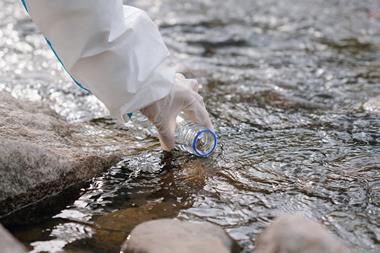Study estimates $28 billion spent yearly on preclinical research that can’t be replicated
Preclinical research that can’t be replicated is funded to the tune of about $28 billion (£18 billion) in the US annually, according to a study by the Global Biological Standards Institute based in Washington, DC, and two economists. Nearly $115 billion goes toward life sciences research in the US each year, with the pharmaceutical industry supplying 62%, followed by the government at 32%, non-profits at 4% with academia making up the rest. Of this amount, roughly half – $56.4 billion – is estimated to fund preclinical research, about 50% of which is not reproducible, the study found.
‘Multiple systemic causes contribute to irreproducibility and many can ultimately be traced to an underlying lack of a standards and best practices framework,’ the researchers conclude. The paper calls for best practices to be developed and adopted that support better research and better outcomes.
The US National Institutes of Health (NIH) has also announced that it will issue new criteria for grant reviews aimed at making the research it funds more reproducible through ‘increased scientific rigour and transparency’. These updates, pending approval by the White House Office of Management and Budget, will take effect in the 2016 grant cycle. The forthcoming revisions will clarify expectations to ensure that the NIH is funding the best and most rigorous science, highlight the need for applicants to describe details that may have been previously overlooked and emphasise that peer reviewers should consider such details in their reviews, the NIH said.












No comments yet